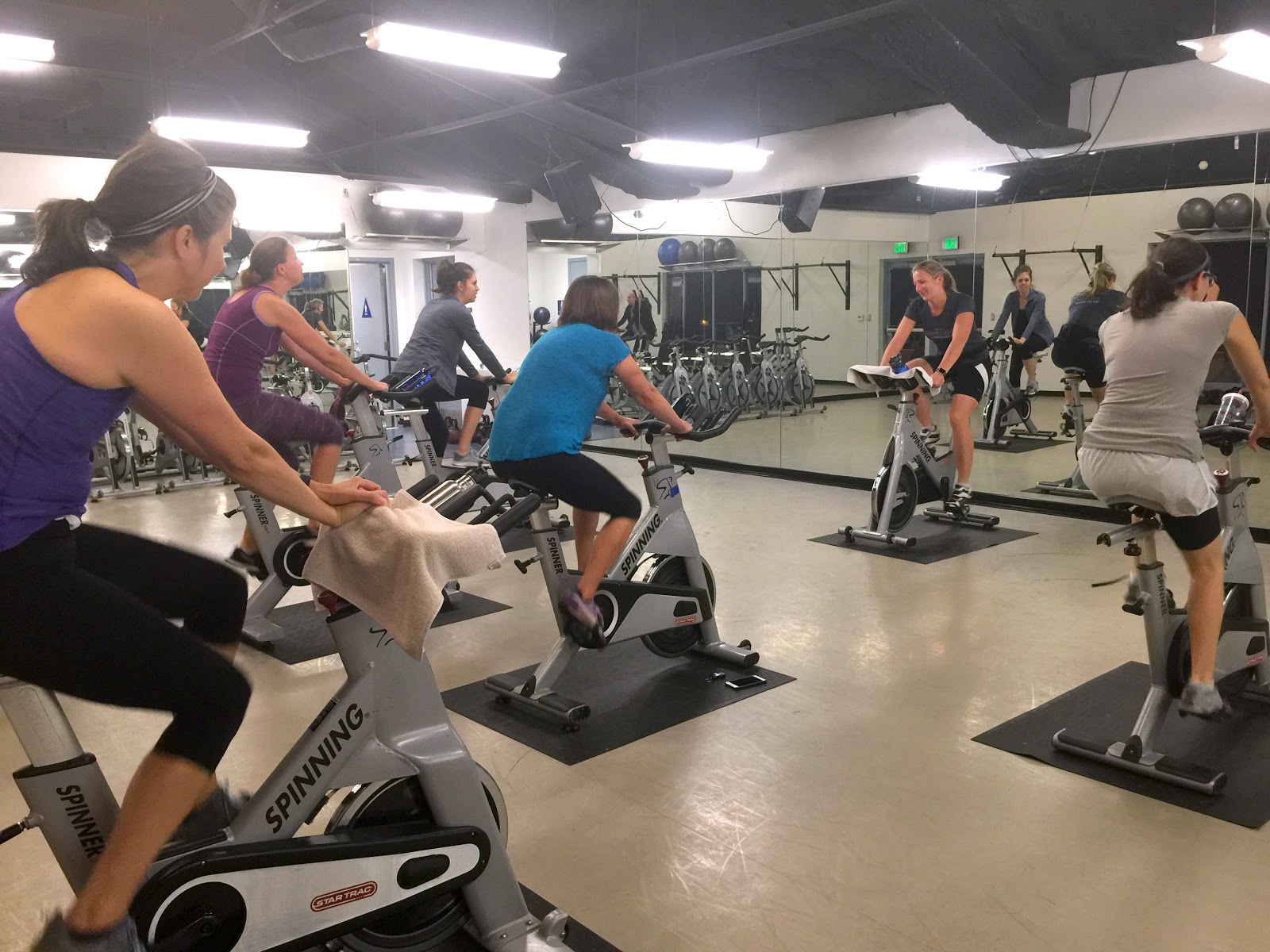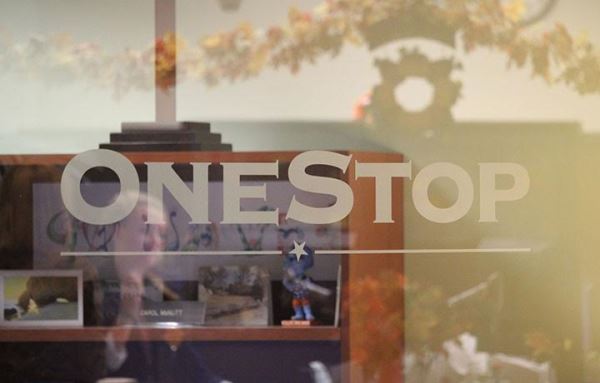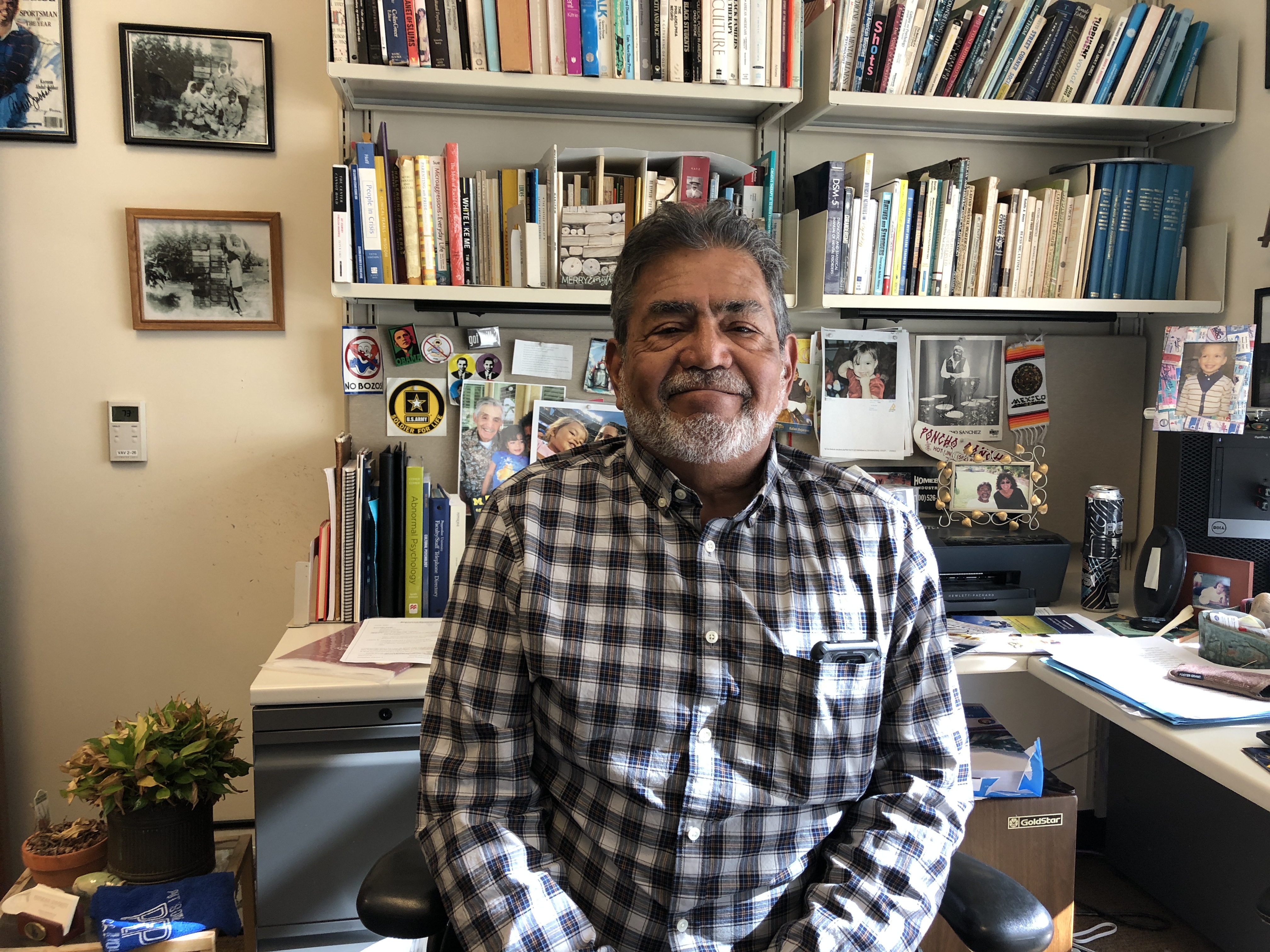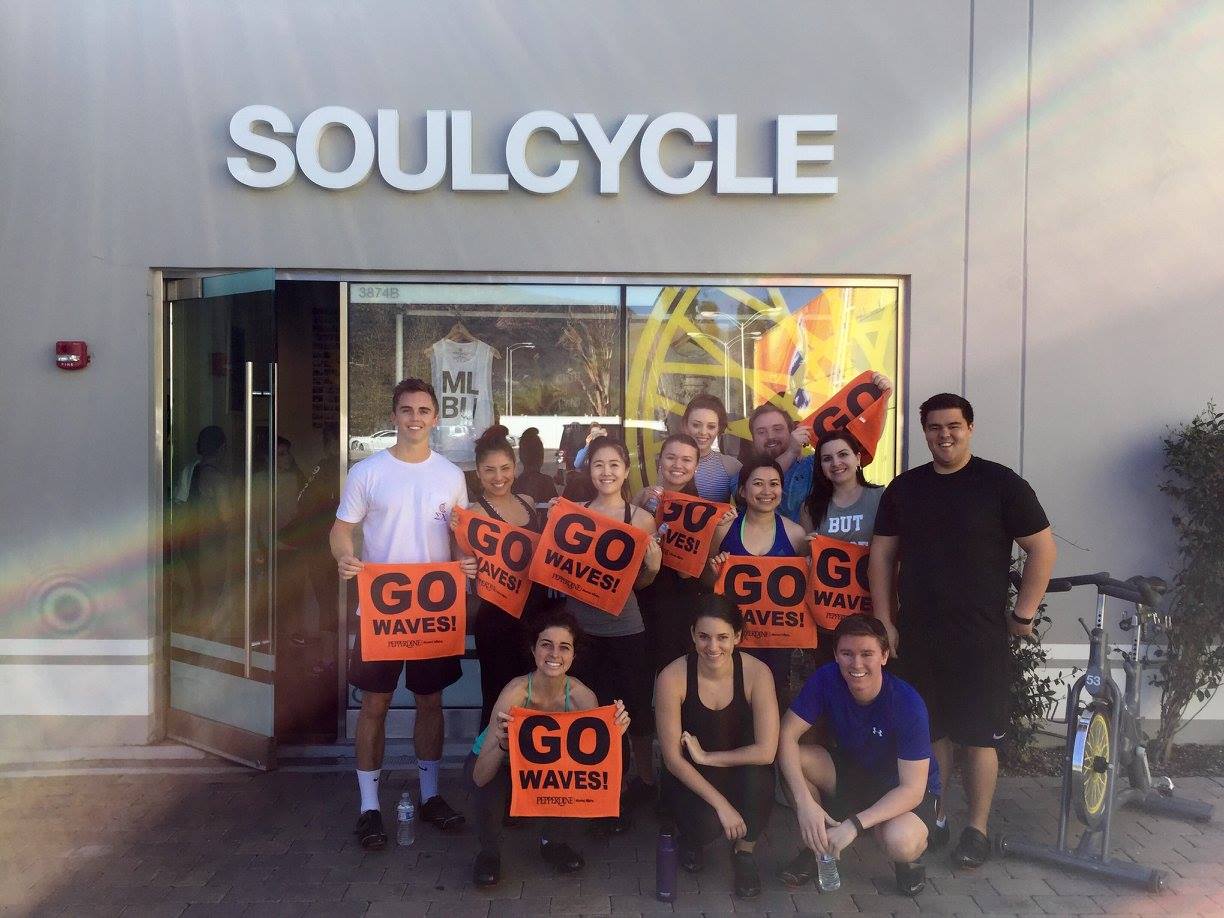
Some Pepperdine students have found a way to get their daily exercise and socialize right down the street.
SoulCycle, a popular boutique indoor spinning class, has been targeting Pepperdine University students since their grand opening in 2014. Many on-campus organizations, such as the Guatemala Project Serve team, Pepperdine Alumni Association and Pepperdine Kappa Kappa Gamma sorority, have partnered with SoulCycle for events.
“The one time I did go it was a really good time,” said Zachary Chen, senior finance major and member of the Guatemala Project Serve team. “I got to be with all my friends and even though we were exercising together, it didn’t feel like a chore and it was a bonding experience that I felt would appeal to other Pepperdine students.”
What makes SoulCycle unique?
Spinning is the term used to describe stationary, indoor cycling, said Stephanie Cooper, adjunct professor of sports medicine in the Natural Science Division.
“The group environment of spinning classes is very exciting to me,” Cooper said. “It gets a large group of people together with one main purpose of sweating and expending calories through one unified sport.”
Because of the growing popularity of the sport, numerous boutiques and gyms are offering spin classes. SoulCycle is a full-body indoor cycling workout that allows students to ride to the beat of music while incorporating upper body exercises into their workout, according to the website.
“SoulCycle is completely different than any other workout I’ve ever tried,” said Cristina Ray, manager at SoulCycle Malibu. “Even though I’ve had no experience in an indoor spin class, SoulCycle pulled together so many different things and it made it an experience.”
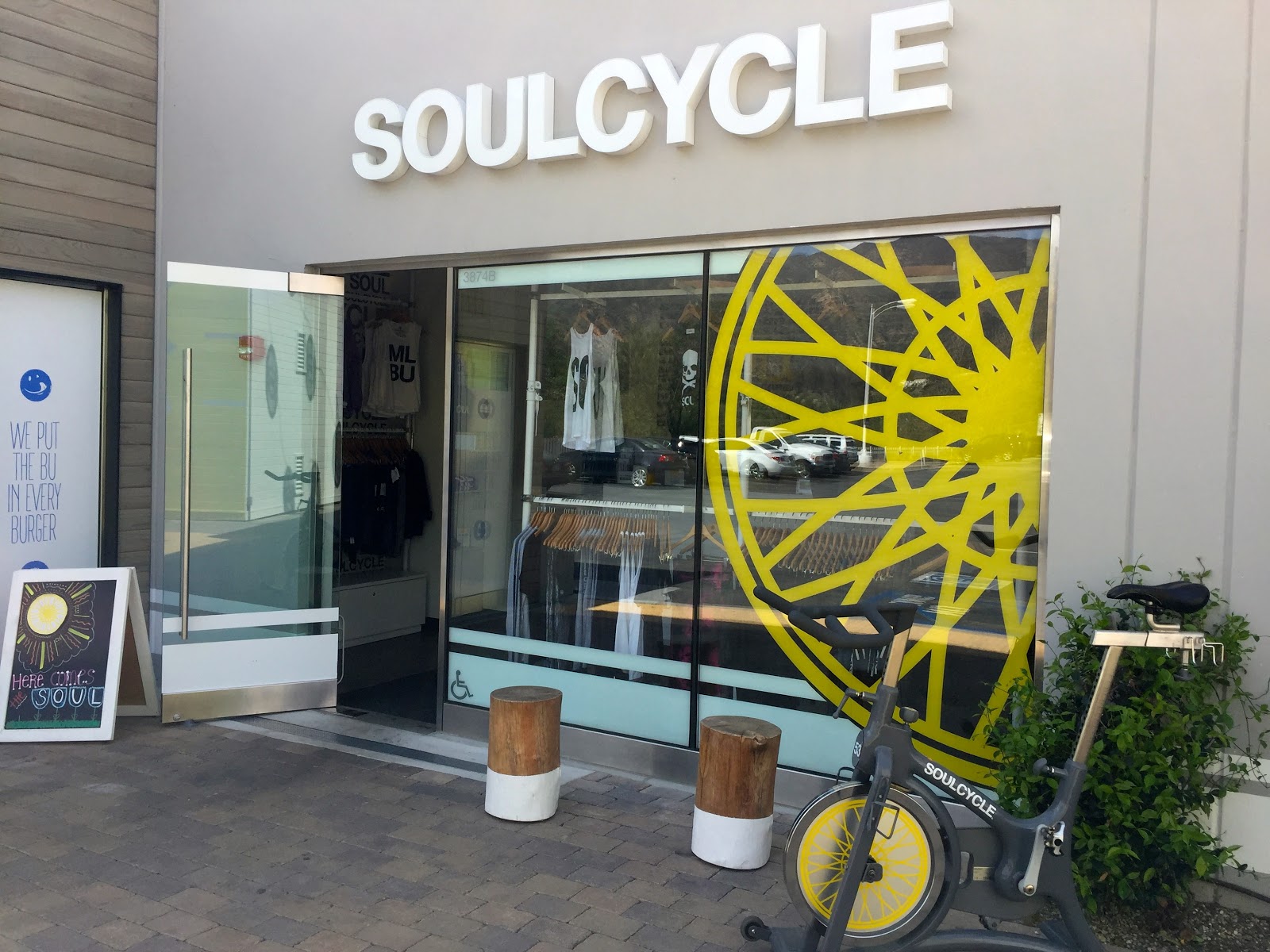
SoulCycle Malibu has actively marketed itself toward Pepperdine students, faculty and staff.
Christina Lasorda, senior integrated marketing communication major and Pepperdine brand ambassador for SoulCycle, reached out to the Religion and Philosophy Division at Pepperdine University in an email describing the brand, including an offer of a complimentary group ride at the Malibu studio.
SoulCycle offered a special fee of $25 per person to Pepperdine students who signed up with the Guatemala Project Serve Team, Chen said, in turn helping them raise about $1,250 for their trip.
SoulCycle uses college ambassadors like Lasorda to promote the brand at Pepperdine.
Lasorda, also a member of the Kappa Kappa Gamma sorority, said she enjoyed the experience of enriching her relationships with her sorority sisters through SoulCycle, and wanted to be a part of reaching out to the campus to allow others to experience it for themselves.
SoulCycle administrators have not followed up requests for further interviews.
Why do Pepperdine students like SoulCycle?


